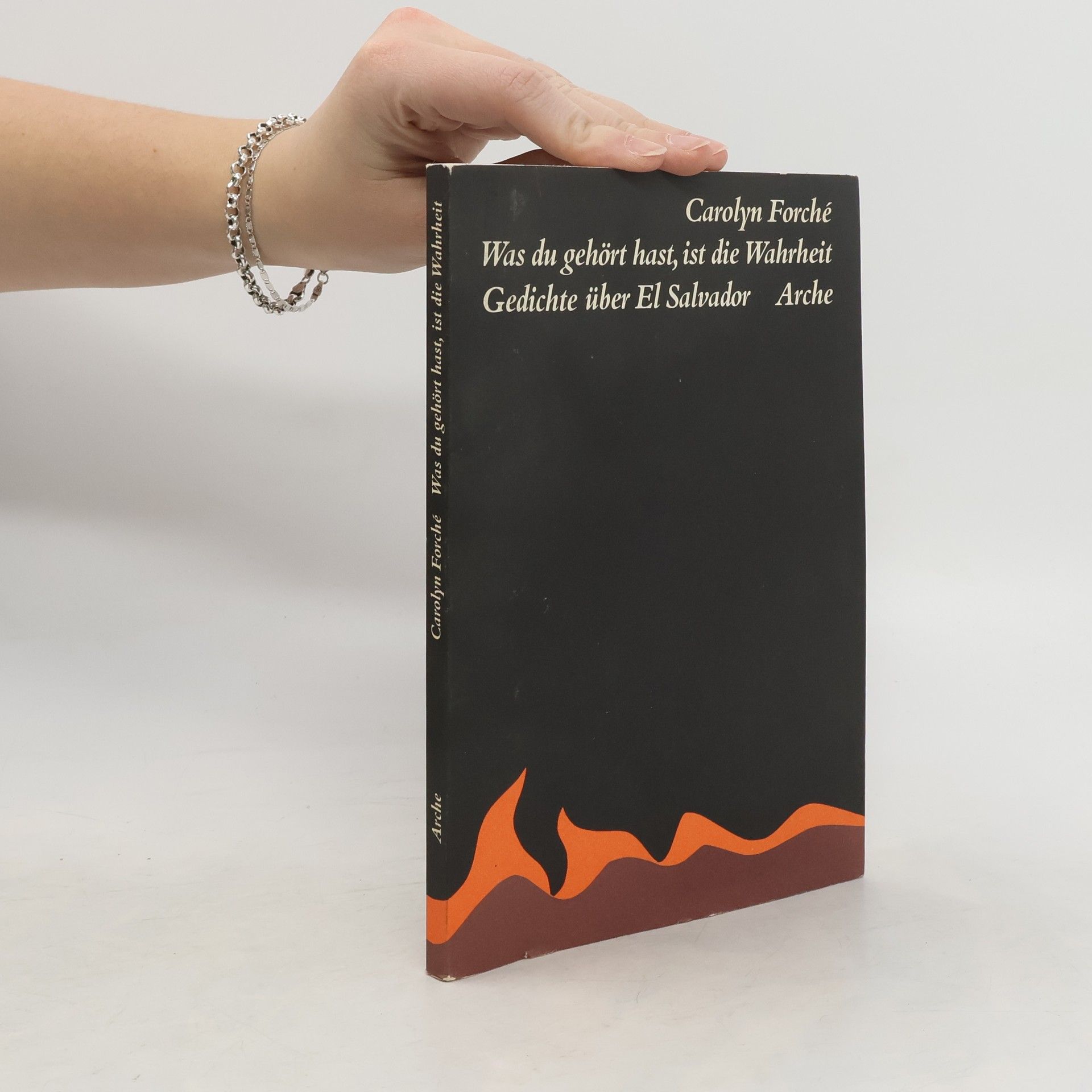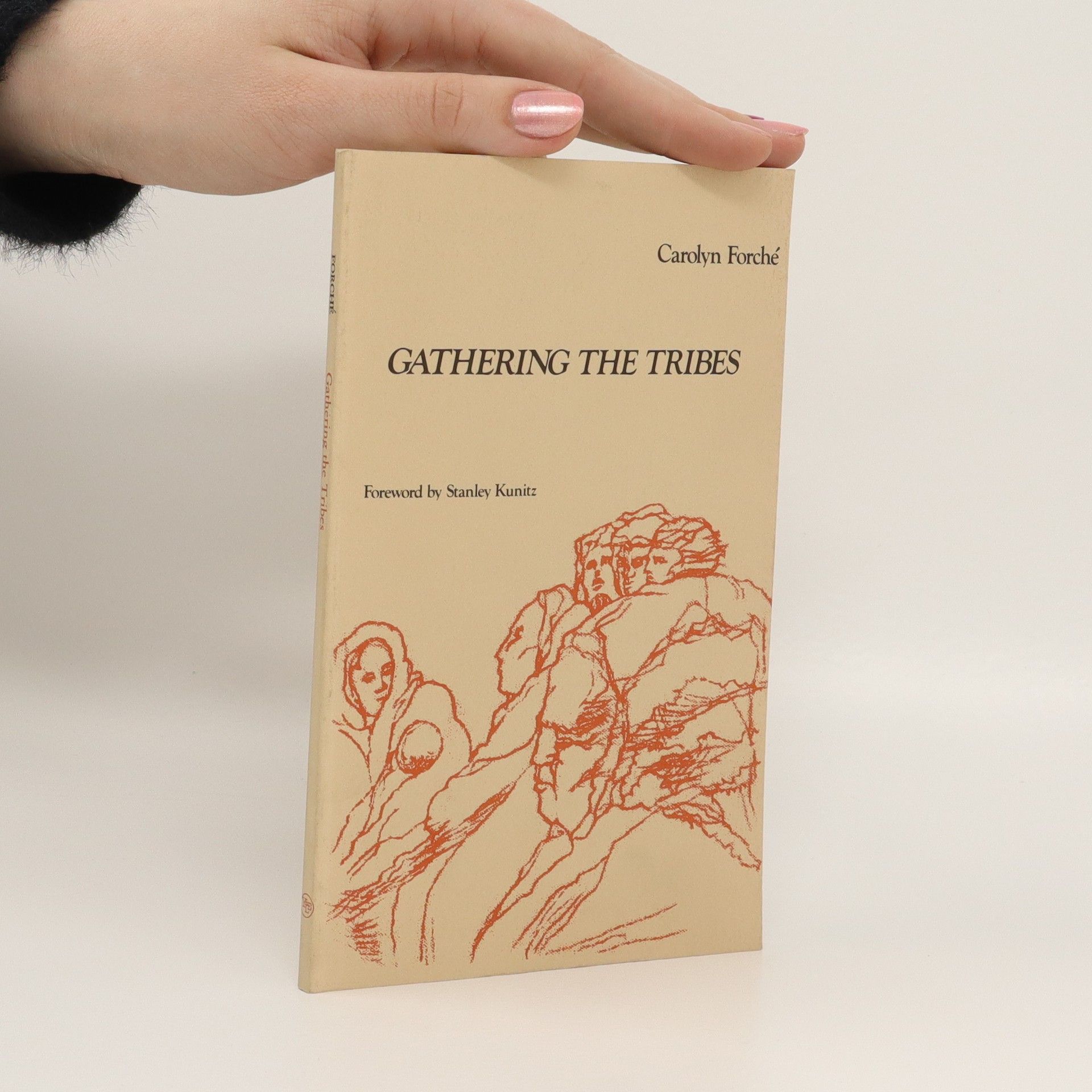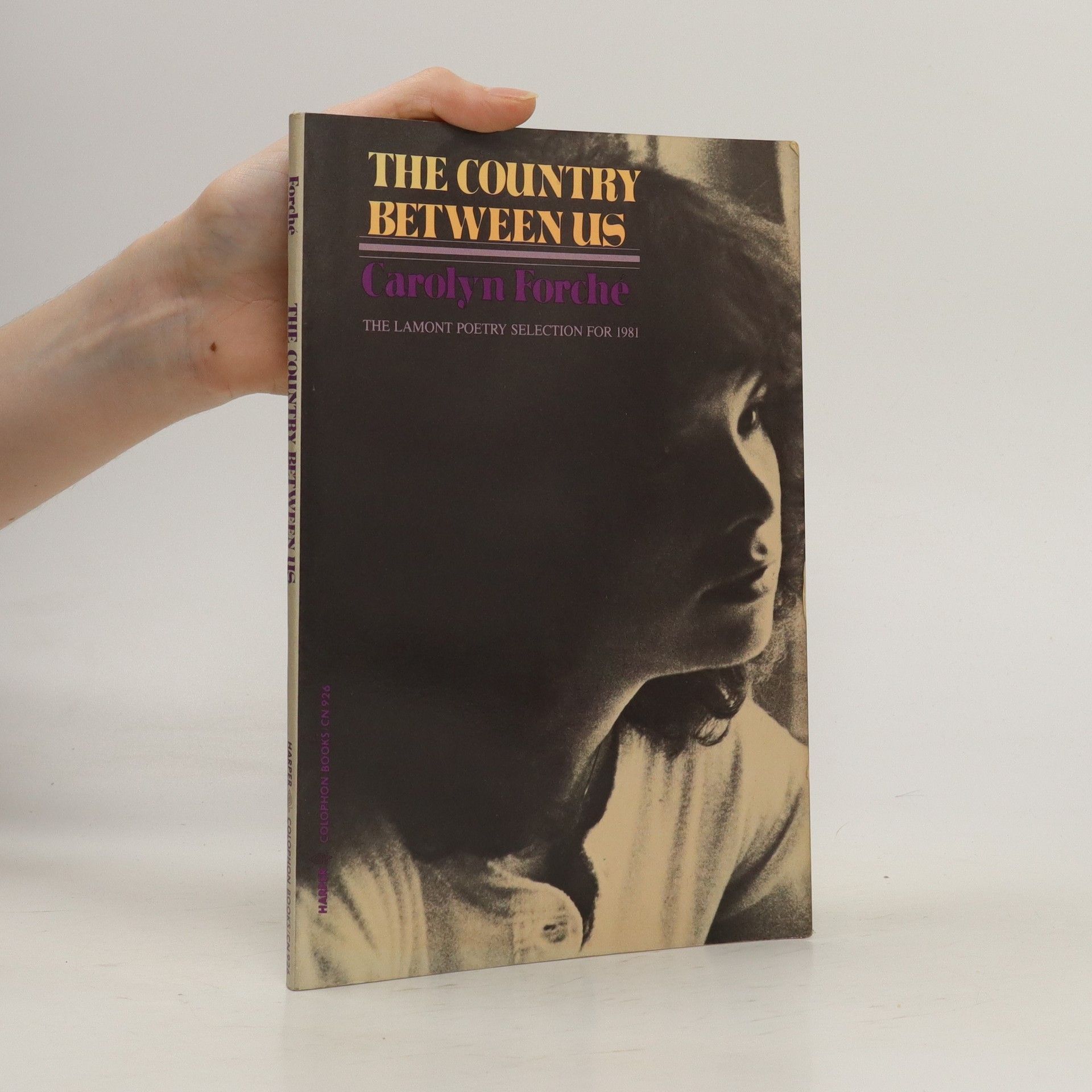Carolyn Forché is 27 when the mysterious stranger appears on her doorstep. The relative of a friend, he is a charming polymath with a mind as seemingly disordered as it is brilliant. She's heard rumors from her friend about who he might be: a lone wolf, a communist, a CIA operative, a sharpshooter, a revolutionary, a small coffee farmer, but according to her, no one seemed to know for certain. He has driven from El Salvador to invite Forché to visit and learn about his country. Captivated for reasons she doesn't fully understand, she accepts and becomes enmeshed in something beyond her comprehension. Together, they meet with high-ranking military officers, impoverished farm workers, and clergy desperately trying to assist the poor and keep the peace. These encounters are a part of his plan to educate her, but also to learn for himself just how close the country is to war. As priests and farm-workers are murdered and protest marches attacked, he is determined to save his country, and Forché is swept up in his work and in the lives of his friends. Pursued by death squads and sheltering in safe houses, the two forge a rich friendship, as she attempts to make sense of what she's experiencing and establish a moral foothold amidst profound suffering. This is the powerful story of a poet's experience in a country on the verge of war, and a journey toward social conscience in a perilous time
Carolyn Forche Livres
La poésie de Carolyn Forché explore des expériences humaines profondes et la quête de justice sociale. Ses vers sondent souvent les impacts de la guerre et de la violence, tout en recherchant simultanément l'espoir et la résilience au milieu des circonstances les plus sombres. Forché écrit avec une empathie intense et une utilisation puissante de l'imagerie qui attire le lecteur au cœur de la souffrance et de la persévérance. Son œuvre témoigne de la puissance du langage face aux traumatismes historiques et aux luttes personnelles.






The book opens with a series of poems about El Salvador, where ForchÉ worked as a journalist and was closely involved with the political struggle in that tortured country in the late 1970's. ForchÉ's other poems also tend to be personal, immediate, and moving. Perhaps the final effect of her poetry is the image of a sensitive, brave, and engaged young woman who has made her life a journey. She has already traveled to many places, as these poems indicate, but beyond that is the sense of someone who is, in Ignazio Silone's words, coming from far and going far.
In the Lateness of the World
- 96pages
- 4 heures de lecture
FINALIST FOR THE 2021 PULITZER PRIZE FOR POETRY “An undisputed literary event.” —NPR “History—with its construction and its destruction—is at the heart of In the Lateness of the World. . . . In [it] one feels the poet cresting a wave—a new wave that will crash onto new lands and unexplored territories.” —Hilton Als, The New Yorker Over four decades, Carolyn Forché’s visionary work has reinvigorated poetry’s power to awaken the reader. Her groundbreaking poems have been testimonies, inquiries, and wonderments. They daringly map a territory where poetry asserts our inexhaustible responsibility to one another. Her first new collection in seventeen years, In the Lateness of the World is a tenebrous book of crossings, of migrations across oceans and borders but also between the present and the past, life and death. The world here seems to be steadily vanishing, but in the moments before the uncertain end, an illumination arrives and “there is nothing that cannot be seen.” In the Lateness of the World is a revelation from one of the finest poets writing today.
Speaks of personal Slavic origins, the culture of American Indians, racial bonds, and other topics related to themes of kinship and self-identity
Krajina medzi nami
- 89pages
- 4 heures de lecture